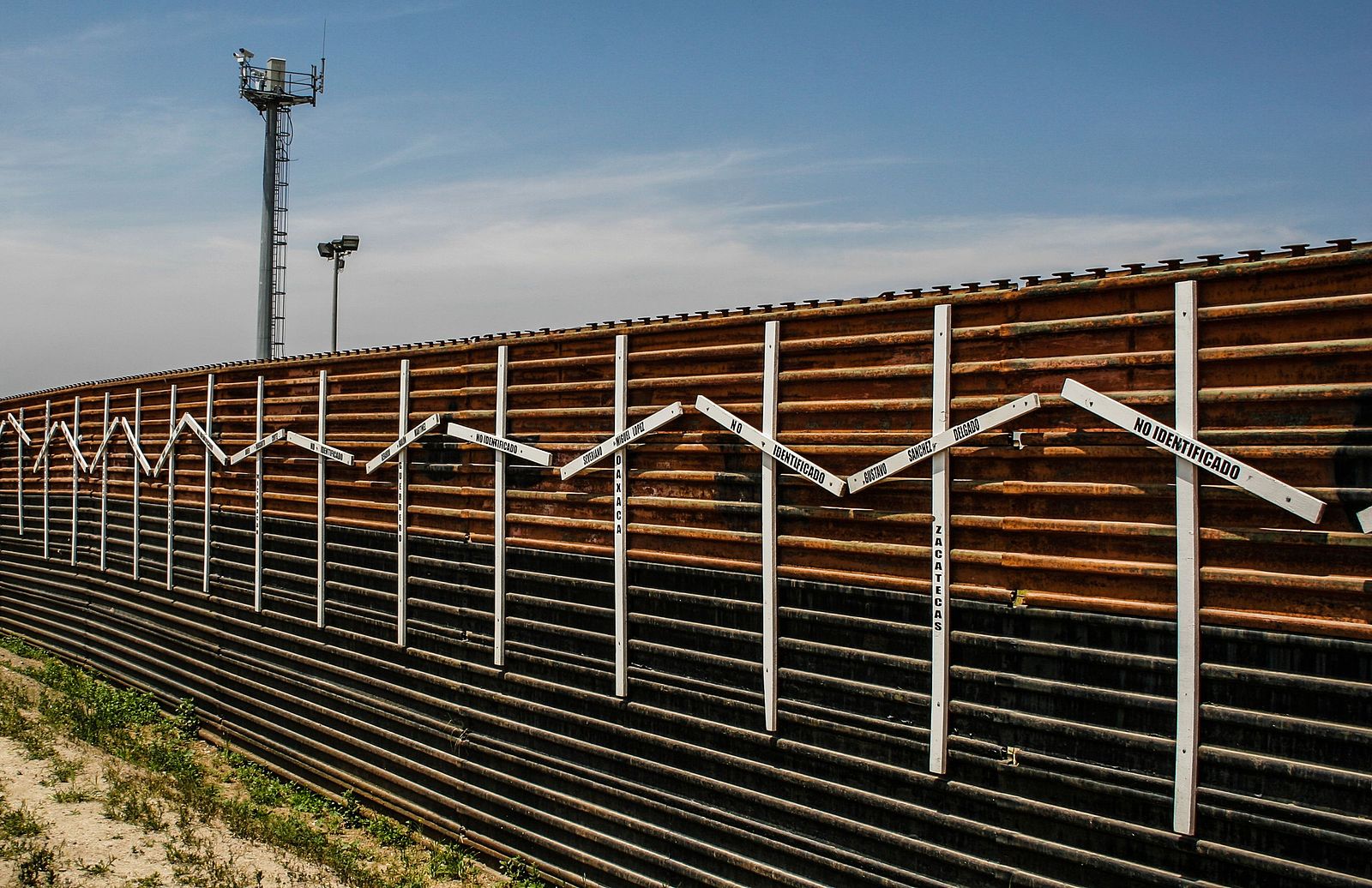Due to the construction of President Trump’s boarder wall, numerous sacred Native American burial grounds are being demolished.
Blasting in order to break and level ground began on Feb. 11 at Organ Pipe Cactus National Monument in Arizona. CBS, U.S.A. Today, The Washington Post and other news outlets reported that these events took place without any consultation from the Native American nation whose ancestral land it affects.
The controlled explosions are occuring on Monument Hill, a burial site for the Tohono O’odham Nation, according to Congressman Raul Grijalva of Arizona.
Grijalva said, “This administration is basically trampling on the tribe’s history — and to put it poignantly, it’s ancestry.”
According to a Customs and Border Patrol (CBP) statement released on Feb. 12, their surveys found “no biological, cultural, or historical sites were identified within the project area, which consists of the 60 foot wide swath of land.”
Many have spoken out about the issue and the hashtag #NoBorderWall caught fire on social media, which was started by Grijalva and fueled by those in agreement.
The construction of the wall is also taking a toll on the unique ecosystem that surrounds the area. Native American groups and environmental advocates alike have expressed great concern regarding the negative impact the wall could have on both sacred sites and the ecosystem the monument holds.
The main concern coming from environmentalists regarding the particular area is an underground aquifer. This aquifer could be damaged during construction and cause numerous ecological issues. Construction could also play a key role in the disruption of migrating wildlife patterns.
CBP further expressed that the monument would “continue to have an environmental monitor present” during the activities involved with construction, although the Center for Biological Diversity told The Washington Post that construction has “butchered” Monument Hill.
CBP was able to begin work at these sites because of the 2005 REAL ID Act, which, although primarily known for the impact it has regulating travel identification, also permits the government to waive laws that interfere with national security and construction of barriers along borders.
Secretary of Defence Mark Esper reported to CNN on Feb. 14 that “border security is national security and national security is our mission.” The decision to divert $3.83 billion in Pentagon funding to the border wall has been defended on multiple accounts due to Espers claim.
Although all but three of the 50 states are completely compliant with the multi-stage REAL ID act, Grijalva is now looking toward a hearing in the coming weeks in hopes of repealing it.








